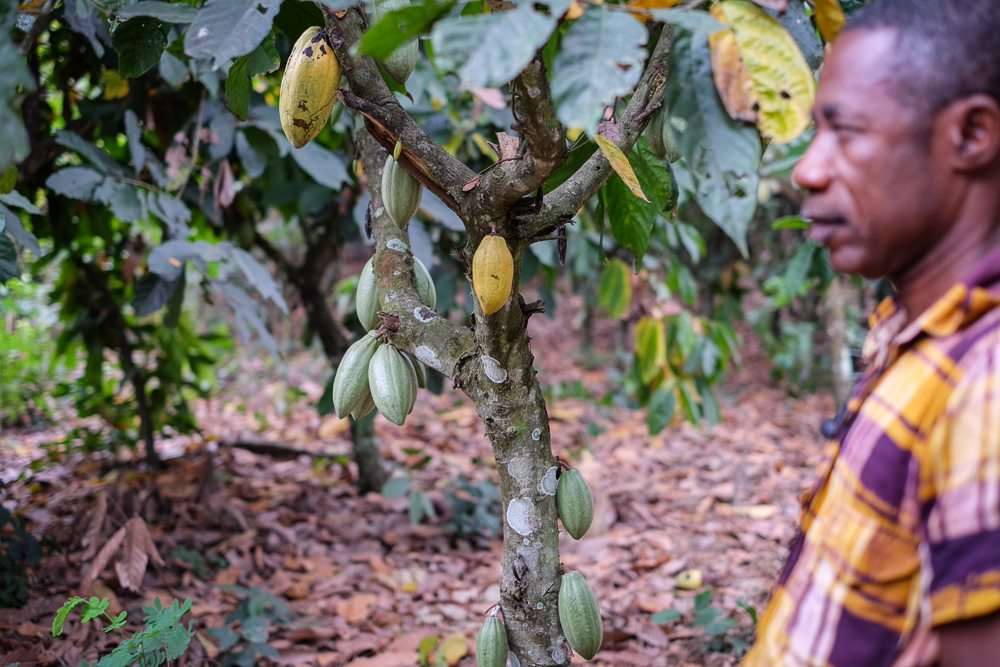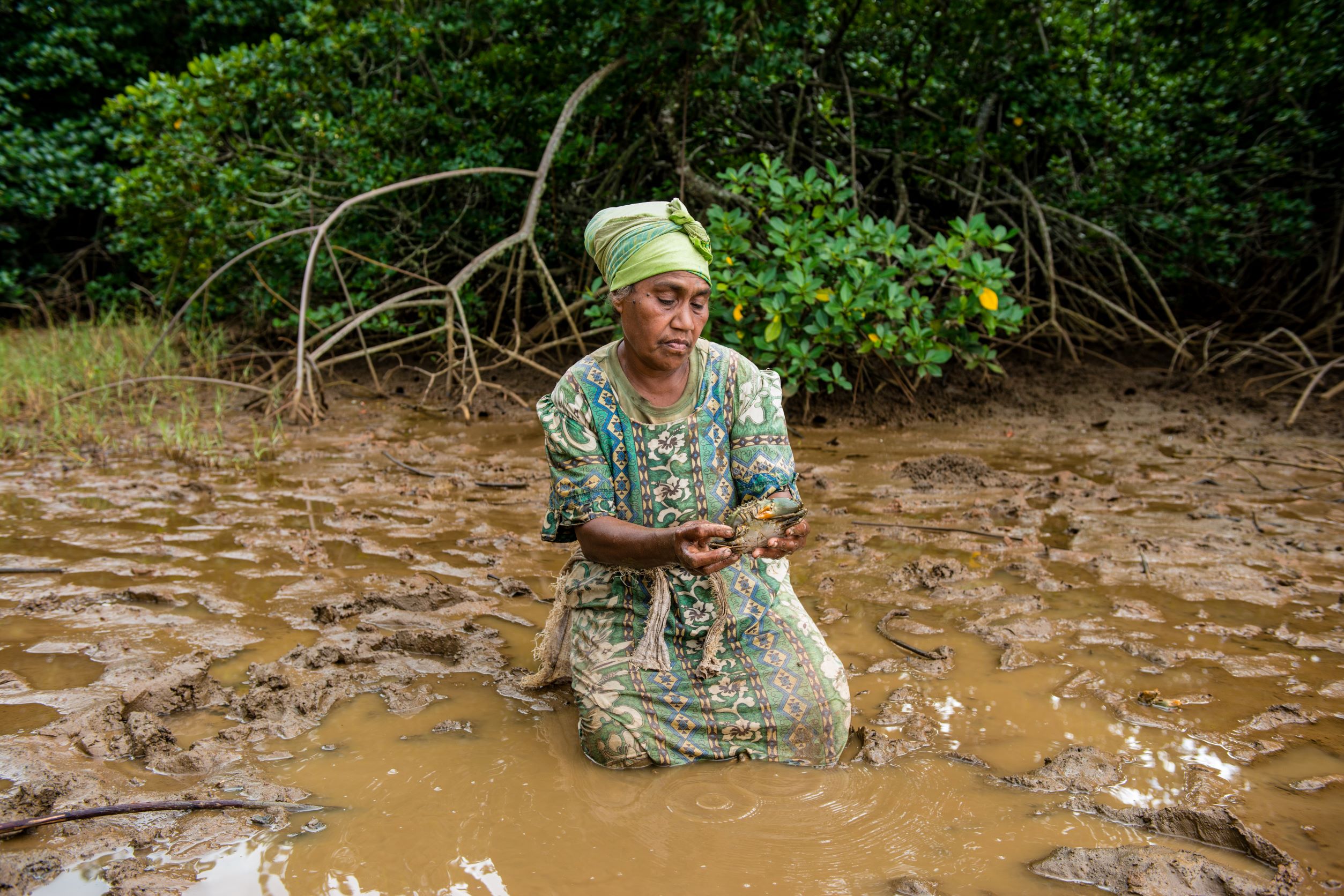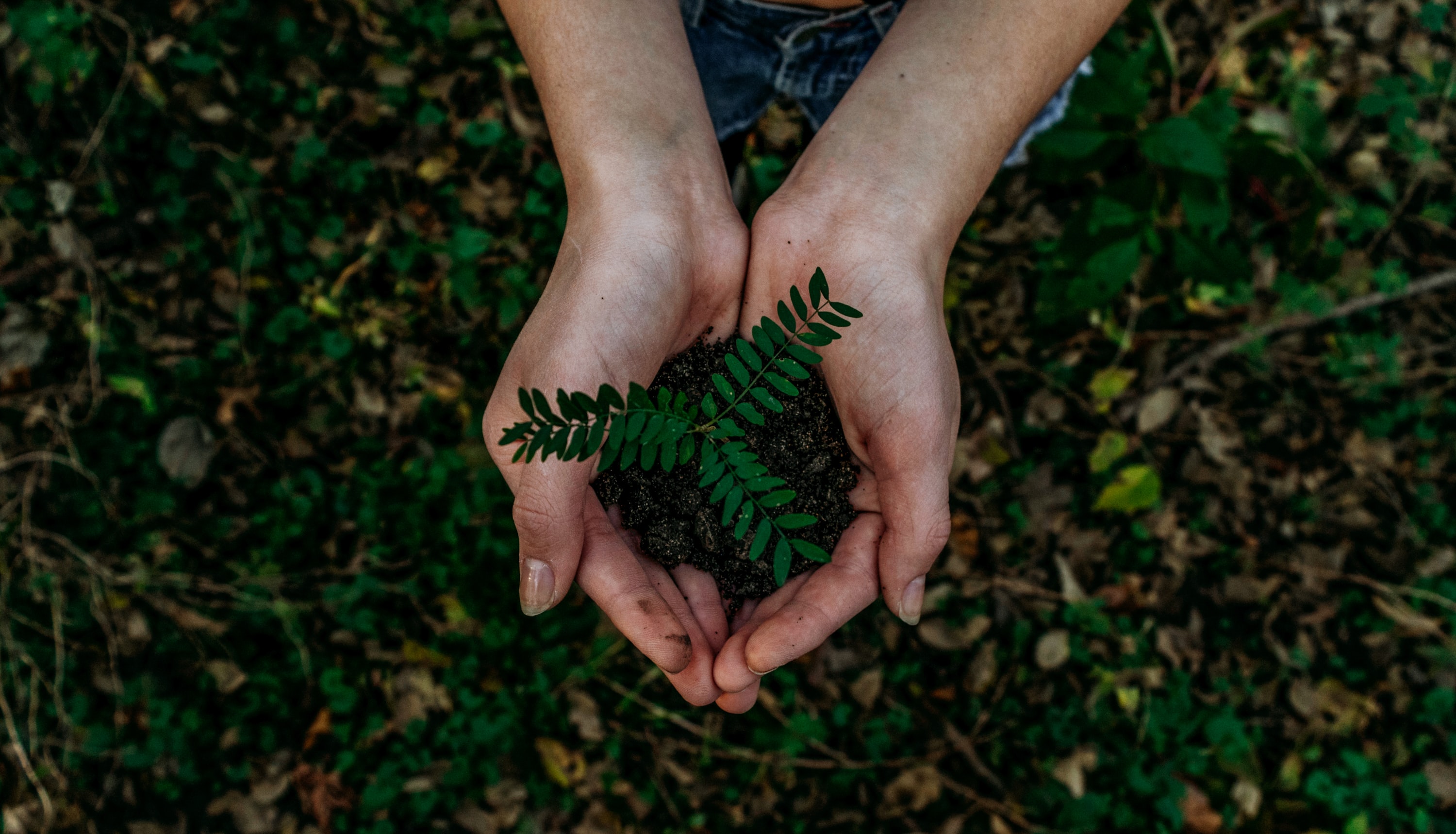Evolving to Conscious Food Systems: How the Conscious Food Systems Alliance Can Help Us to Reframe our Thinking.
Beyond Sustainability
June 10, 2022

Cocoa trees in Ghana
“I used to think the top environmental problems were biodiversity loss, ecosystem collapse, and climate change. I thought that with 30 years of good science we could address those problems. But I was wrong. The top environmental problems are selfishness, greed, and apathy … and to deal with those we need a spiritual and cultural transformation - and we scientists don’t know how to do that.”Gus Speth, UNDP Administrator, 1993-1999
The concept of sustainability has been a pivotal concept in our efforts to keep our planet alive for decades. It has galvanized millions around the nurturing of social, economic and environmental pillars to improve lives and sustain nature. Not a week goes by without another call for more sustainable actions and commitments on sustainability to address global problems. However, as we react to ever increasingly severe predictions from the Intergovernmental Panel on Climate Change (IPCC) and the Intergovernmental Science-Policy Platform on Biodiversity and Ecosystem Services (IPBES), we see for ourselves another devastatingly extreme weather event, and now the emerging food crisis resulting from the war in Ukraine, it is clear we need to go beyond business as usual and mobilise new forms of action and we need to question our norms and perceived solutions.
We can see some important inherent limitations in the concept and nature of sustainability which we believe has contributed to the state of the planet. Sustainability is too often about keeping our current system and use of nature going longer – how long we can “sustain” things as they are, taking our thinking away from more radical changes where the real answers may lie. The Oxford Dictionary definition of sustainability is "the ability to be maintained at at a certain rate or level - avoidance of the depletion of natural resources to maintain an ecological balance."
We have observed that the collective use of the concept of sustainability has generally led to technocratic solutions focused on extending the longevity of natural resources to maintain economic growth, rather than dealing with the root causes of our problems. Looking back, it made sense to use technological and economic tools to fix and bring sustainability into our food systems. But wins on productivity, policy reform and even global agreements have not been enough to change the food systems driving our planet’s environmental degradation in the long term. They won’t be enough also to help us move towards planetary regeneration
So, is sustainability sustainable? Or are we using fire to fight fire? Can we really afford to keep seeing nature as mere resources to sustainably exploit for our own comfort? Or people as mere rational economic agents only concerned with their own material self-interest? Shouldn’t economic growth be a means for collective flourishing rather than an end in itself? Can the sustainability concept drive the systemic change we need?
Sustainability is about better soil management but not about appreciating soil as a foundation of life. Sustainable water extraction means recharge rate equaling extraction rate. But how do we connect to soil and water and value their role in the web of life? Sustainable fisheries are only about numbers based on rates of fish reproduction and hence harvest. Balancing harvesting with replenishment is a stop gap avoiding population crashes, which is fundamental but not enough to build the planet we want. We didn’t intend to do it but through our sustainability work have we turned nature into a production machine. Is this really what we want?

Woman in Mangroves
“We are drowning in information whilst starving for wisdom.’’EO Wilson
To transform the systems that are harming people and planet and in particular how we produce and consume food, we need to look, beyond the problems’ symptoms and even systems’ patterns and structures, at what fundamentally drives the systems. Consciousness and mental models are increasingly recognized as the key to unlock systems change, and regenerative agriculture calls for regenerative mindsets and cultures.
We conceive consciousness as our awareness of internal and external environments, which influences the lens through which we see and relate to ourselves, and the world around us: others, nature, and future generations. It is shaped by our mindsets, beliefs, values, worldviews, as well as associated (cognitive, emotional, and relational) qualities and skills. Deepening or expanding consciousness leads to an increasing circle of identity, care and responsibility, which we think can be the basis for regenerative food systems.
It is increasingly recognized that changing behaviour is sometimes more about identity, emotions and connections than data and analyses. Just look at how elections are campaigned and won. Farmers’ lives depend on being seen as human beings not just economic agents. It is time to build safe, reflective and connecting spaces to engage in the deep conversations we need for right relationships to replace market rules.
It is time to integrate mindsets, values and meaning into work processes, organizational and institutional changes - at the centre of our work. This inner transformation is instrumental to unlock the kind of deep systemic transformation we need, which requires a new vision for building meaning in our lives and our role as a species, as an integral part of the Earth community.
As mentioned in the UN Human Development Report 2020 ‘’‘Nothing short of a wholesale shift in mindsets, translated into reality by policy, is needed to navigate the brave new world of the Anthropocene, to ensure that all people flourish while easing planetary pressures.”
A world where when one eats food we know and care where it comes from how the animal lived, and died, how the farmer or fisherman lives, where one appreciates every mouthful of food, where farmers work with rather than against nature, where food is a right and a gift from the earth that we can’t waste, where every actor across the value chain feels connected to each other, is a world where food systems can flourish, and become truly regenerative.

Hands holding soil
Scientists and development practitioners have built the strong and vital foundations for sustainability and provided valuable insights on what is needed to be done. But these critical elements of inner transformation are not part of our current sustainability narrative and cannot be addressed adequately within that framework.
For the journey ahead we need to go deeper, to connect – or reconnect – to ourselves, to others and to nature. We need self-awareness, compassion, systemic thinking and collaboration. For that, we need to evolve from sustainability to consciousness. Let’s start evolving our approach complementing indicators with inspiration; metrics with meaning; data with values, and technical analysis with wisdom and awareness.
We live in a world full of complexity, uncertainty and shocks. Circumstances and situations change rapidly and are increasingly difficult or impossible to manage and plan around. They invite to find deeper foundations for food systems transformation: within each of us and our relationships with one another. This means focusing our innovation efforts not only on technology and data but also on consciousness, as a key underlying dimension of our different efforts to transform food systems.
These ideas are not new and are already implemented in many areas. It is time to link these different perspectives to build a new narrative and a global movement around the role of consciousness to support food systems towards regeneration.
We are not proposing to simply replace one approach with another in an equally instrumental and prescriptive manner, generating more reports and recommendations for low- and middle-income countries. We should not just add inner transformation practices, such as mindfulness, as another tool for sustainability alongside technological and economic solutions to drive the change as we want to see it. We can collectively, through dialogue, mutual learning and partnerships, build a common vision and perhaps some guiding principles for conscious food systems, but everyone needs to discover, in their own contexts, what this means for themselves and the food systems in which they live.
UNDP’s contribution is to convene the Conscious Food Systems Alliance to take these ideas further.
If you would like to read more visit our growing Conscious Food Systems Alliance here

 Locations
Locations
